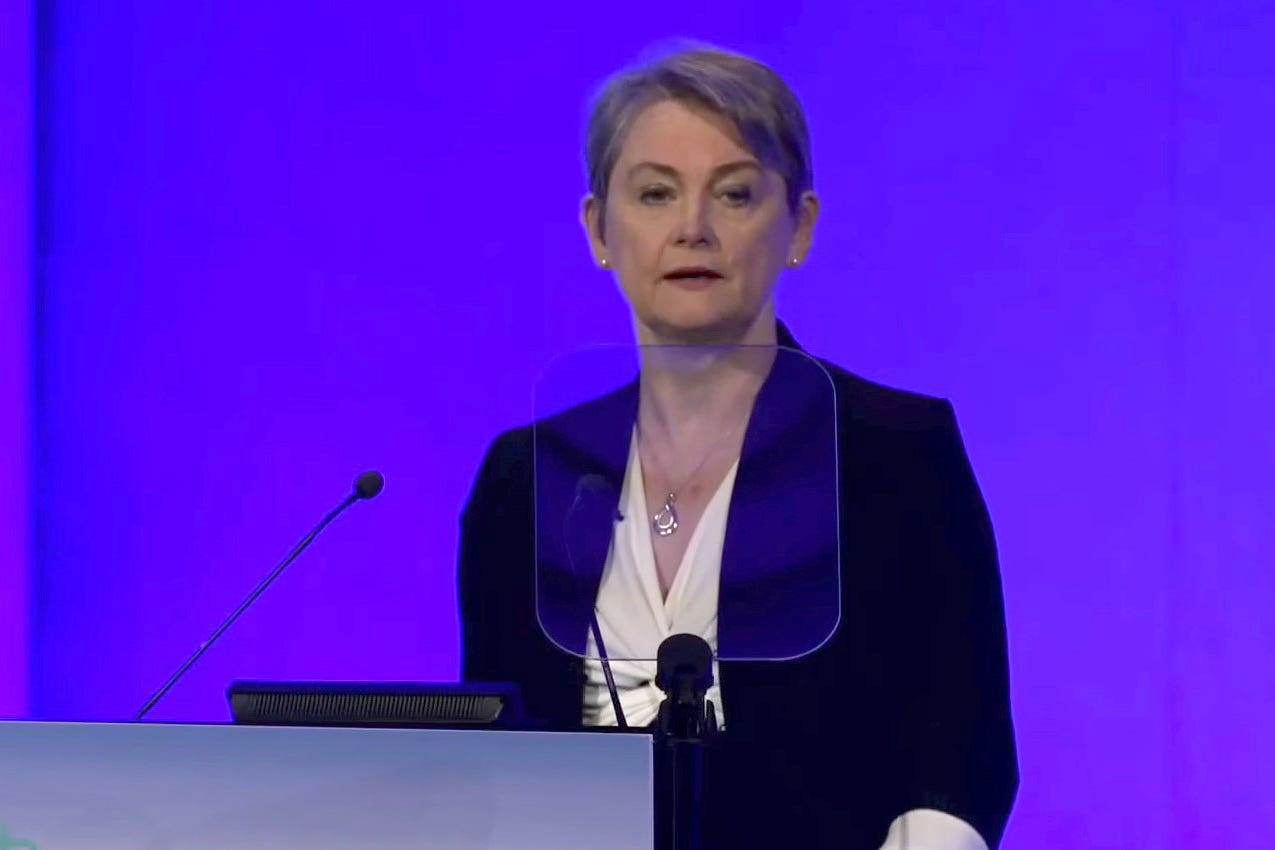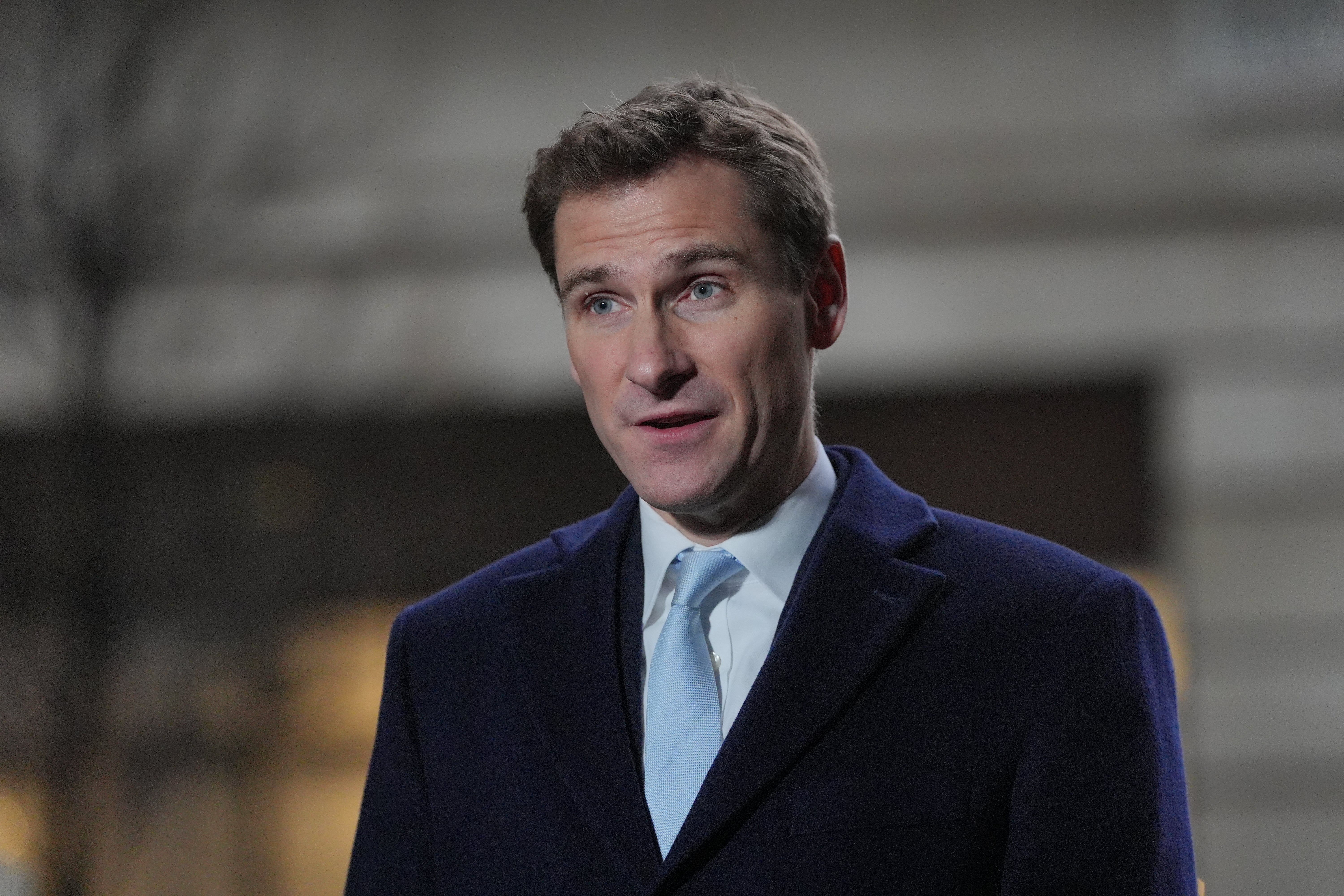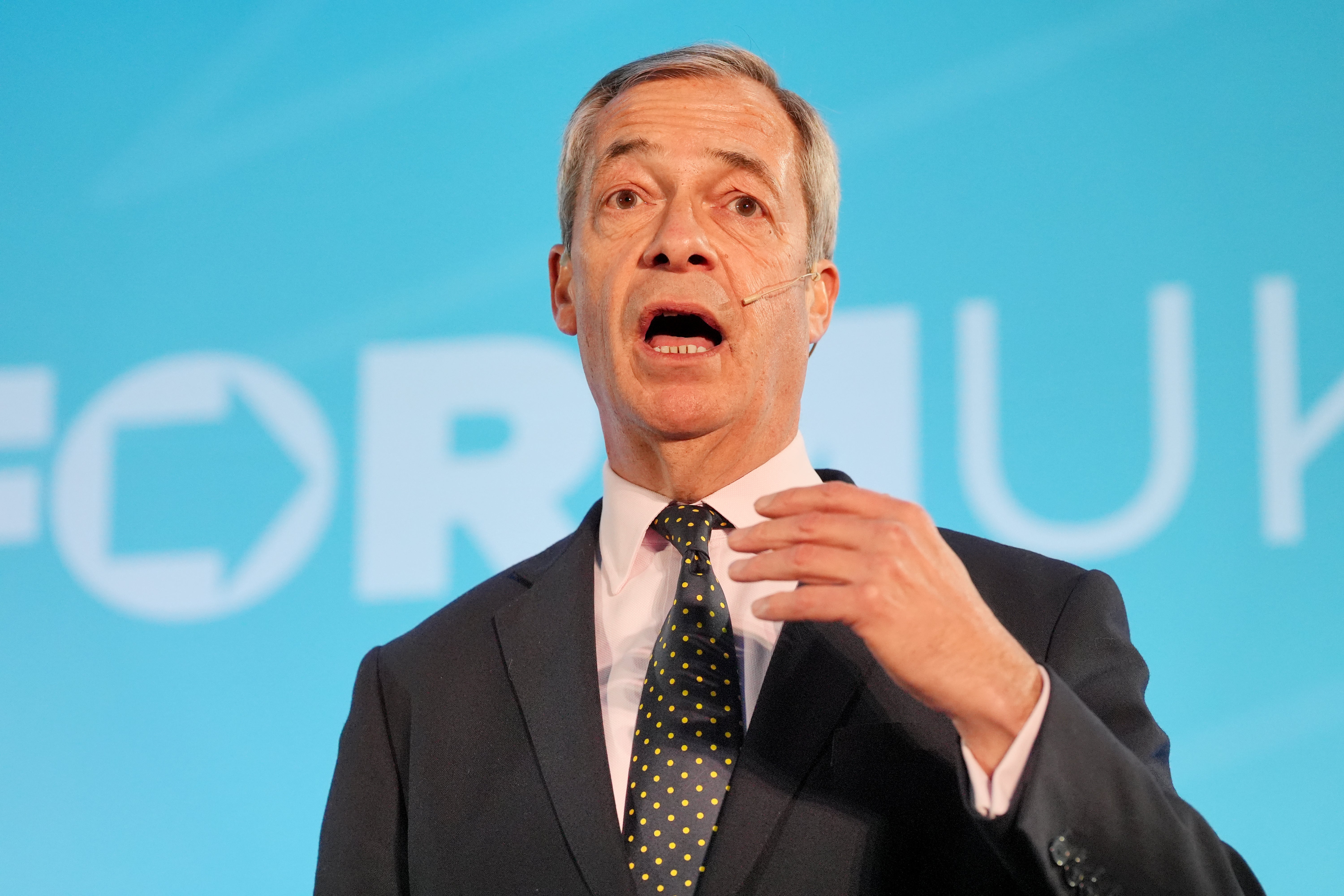Tories warn UK must halt spiralling net migration as population set to top 72 million
After the Office for National Statistics (ONS) said net migration will push the population up by 5 million from 2022 levels, Chris Philp said the ‘shocking and unacceptable projection can and must be stopped from materialising’
Britain must halt a surge in its population after an official forecast predicted it will rise to 72.5 million people by mid-2032, the shadow home secretary has warned.
After the Office for National Statistics (ONS) said net migration will push the population up by 5 million from 2022 levels, Chris Philp said the “shocking and unacceptable projection can and must be stopped from materialising”.
The senior Conservative called for a binding legal cap on the number of visas issued each year, and said millions of economically inactive adults in the UK should be encouraged back into work to lower the country’s reliance on immigration.

Mr Philp said: “Ten million arrivals over 10 years is far too high. We need a binding legal cap on visas issued each year which is very, very substantially lower than this in order to get the numbers down and under control.”
His comments came after the ONS said the population would hit 72.5 million in the next seven years, up from 67.6 million in the middle of 2022, driven almost entirely by net migration.
Reform UK leader Nigel Farage piled in on the backlash, warning: “The population explosion is damaging the quality of life for everyone. Both Labour and the Tories are equally guilty.”
Downing Street said the projections “underline the need to act to bring down net migration substantially”.
“That’s why the government is committed to bringing down net migration and tackle the root causes behind it”, the prime minister’s official spokesperson said.
But left-leaning think tank the Resolution Foundation said the ONS figures showed there would be a rise in the working-age population, which would improve Britain’s economic outlook and reduce borrowing by around £5bn.
Principal economist Adam Corlett said: “A larger working-age population means a bigger economy, more workers, and higher tax receipts, which should deliver a fiscal boost of around £5 billion a year by the end of the decade.
“If the OBR uses these population projections, this will be welcome news for the chancellor given the wider economic pressures she is facing.”
The number of births and deaths across the period is projected to be almost identical, with about 6.8 million births offset by 6.8 million deaths.

While births are projected to increase slightly, deaths are also projected to rise due to the relatively large number of people reaching older ages who were born during the “baby boom” following the Second World War.
The level of net migration is projected to average 340,000 per year from mid-2028 onwards, lower than current levels.
James Robards, ONS head of population and household projections, said: “The UK population is projected to grow by almost five million over the next decade.
“The driver of this growth is migration, with natural change – the difference between births and deaths – projected to be around zero.
“These projections are based on current and past trends, and aren’t forecasts about what may or may not happen in the future.”
Right-leaning think tank the Centre for Policy Studies (CPS) said the ONS forecasts showed migration “running at unsustainable levels”.

Research director Karl Williams said: “The chancellor needs to focus on making the economy more productive if we are to support an older population without burdening younger workers with even more tax increases.
“Massive levels of net migration run contrary to this goal - putting pressure on our roads, housing, and public services which only serves to make Britain’s low productivity growth problem even worse.”
The figures will put chancellor Rachel Reeves on a collision course with Yvette Cooper, the home secretary, with the former determined to grow the economy at all costs and the latter focused on cutting immigration levels.
Ms Reeves used an event at the World Economic Forum in Davos to announce plans for the UK to review visas to entice more high-skilled workers to the country as part of its bid for economic growth.
Ms Cooper has said the government “is clear” that net migration needs to come down under Labour, stressing that the government is taking action.
The ONS figures also highlighted the challenge of Britain’s ageing population, with the number of people aged over 85 projected to nearly double to 3.3 million by 2047.
Mr Robards said: “This is in part because of the ageing of the baby boom generation, as well as general increases in life expectancy.”
Join our commenting forum
Join thought-provoking conversations, follow other Independent readers and see their replies
Comments
Bookmark popover
Removed from bookmarks